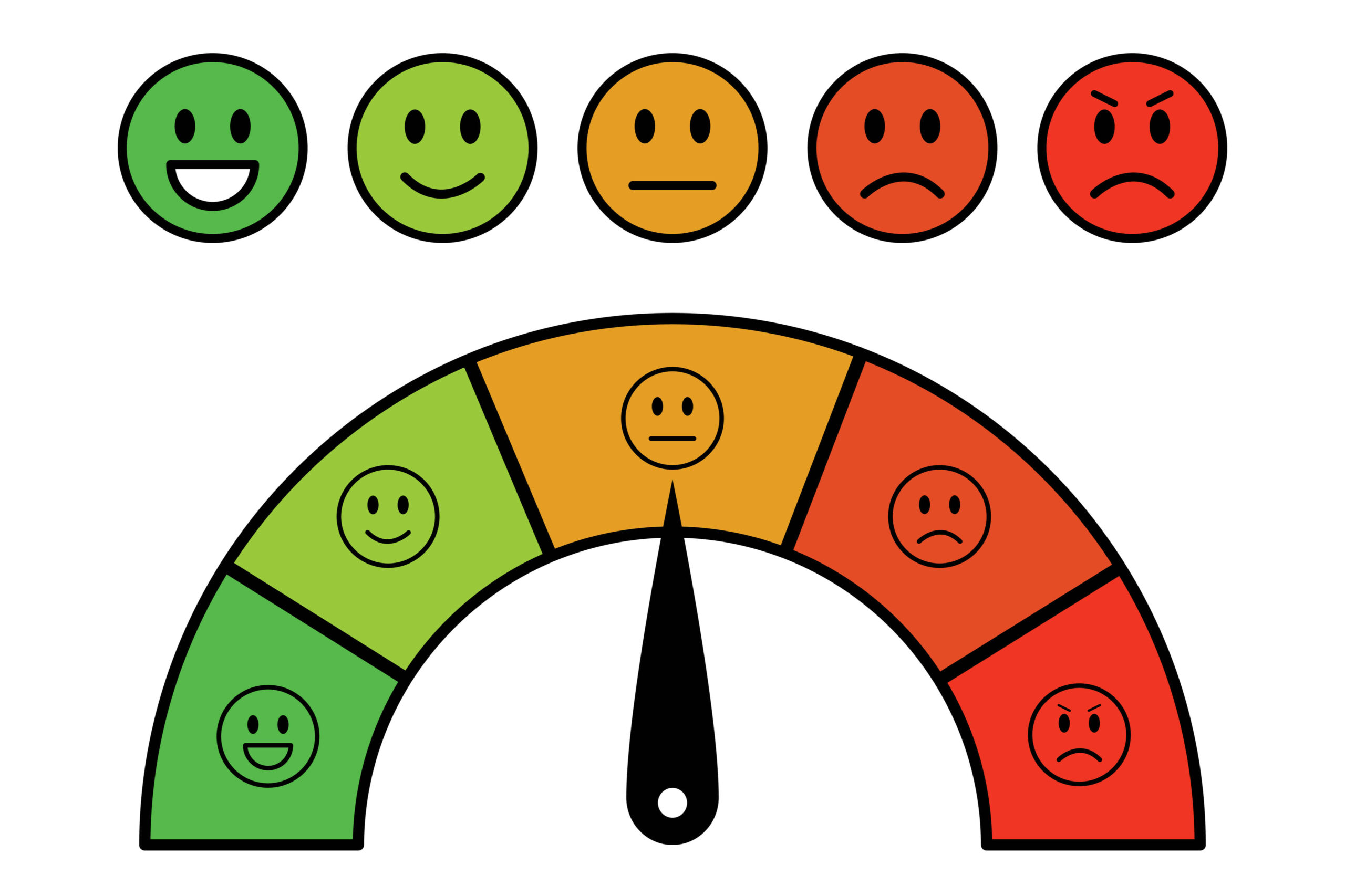Food for love: The role of food offering in empathic emotion regulation
In this article by Hamburg et al. (2014), the authors investigate the inter-and intra-personal precedent factors and sequelae of offering food. The action of offering food represents one of the earliest biobehavioral governing exchanges that occur between parents and their children. Offering food secures the survival of a child who depends entirely on others to feed them, and the quality of these exchanges impact how a child may react to different situations in their life later on, with food offering contributing to regulation of emotions throughout the child’s life. Published works looked at different methods of emotional regulation including the act of offering food and consuming food, however, the objective centered on an intrapersonal point of view, and the information regarding interpersonal aspects remains insufficient. Following a review of literature, the author postulates that empathic emotion regulation (EER) is a key mechanism that can explain the interpersonal aspects observed, in that that the EER represents an interpersonal regulatory system of empathic responses to another person’s current emotional state, which helps modulate emotional responses within the provider themselves and between individuals. The authors insinuate that the empathic act of offering food is brought forward by the emotional state of the receiving party, and through this act, the empathic provider’s objective is to alleviate the receiver’s negative affect, and their own in tandem. Thus, the offering of food contributes to enhancing the positive affect for both parties if successful in inducing a change in the recipient’s affect. In addition, the authors postulate that sharing food and the utilization of food as a supportive behavioral mechanism enhances interpersonal connectedness. Adopting a developmental framework of thought, the authors argue that if the act of food offering as a supportive behavioral mechanism outperforms other supportive behaviors, children would be accustomed to utilize food as a soothing mechanism for themselves and others, which may lead to eating disorders and to diminishing the use of other available coping mechanisms. [NPID: Food offering, interpersonal processes, emotion regulation, empathic concern, eating]
Year: 2014
 Navigation
Navigation






